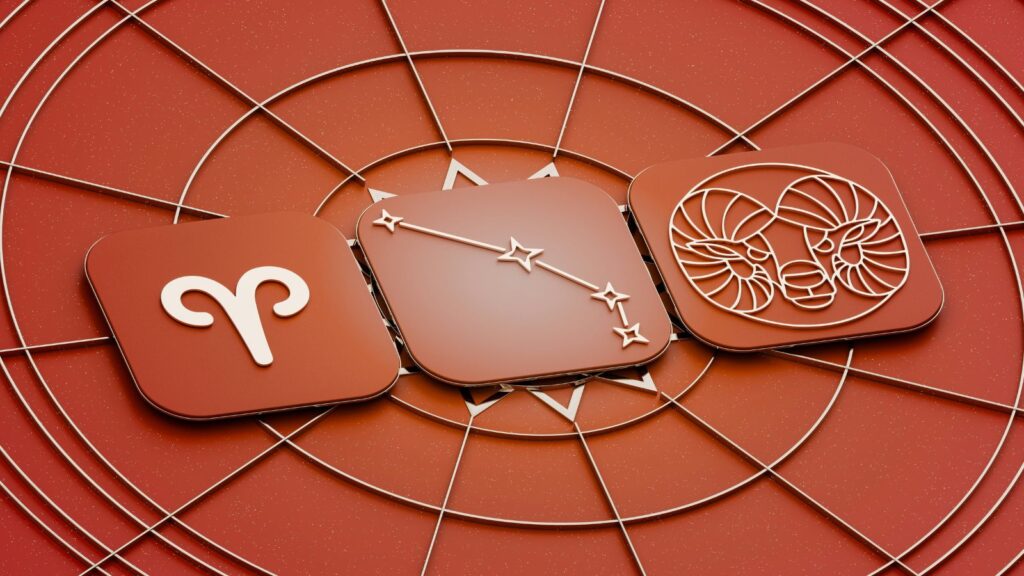August 2008, the Olympic games are about to begin for
the 29th time in the modern age. Athletes from around the world will
gather in Beijing to once more give
out a universal message which will transcend all nationalities and political
differences. Humanity will again be one in its celebration of the human body
and its potential.
Or is it really so? This ideal picture that the Olympic
Committee in unison with national governments and global corporations from
around the world are seeking to convey is, as many are well aware, actually
quite flawed.
The self-evident truth is that beside the sometimes
seemingly trivial fact that they deal with human beings and their dreams, the
Olympic games are at the same time a multi-billion-dollar political,
nationalistic, capitalistic and consumer enterprise. The allegedly unblemished
symbol of the Olympics acts as a multi-faceted platform for political revenue,
financial revenue and media manipulation.
What's wrong about the Olympic games
Behind that clean shiny façade of a universal
celebration, the Olympic games are first and foremost the quintessence of
everything that's wrong with human capitalistic society in the beginning of the
21st century — tons and tons of money flowing in various forms of
drugs that the athletes consume to enhance their bodies, that the viewers at
home consume (from beer, to caffeine to nicotine) and that the Olympics itself
endorses (Coke); a multi-billion-dollar advertising business aimed to further
tame global brains to the worship of a select group of elite brands; and
corrupt politicians taking coupons on the backs of hard-working athletes who
have in some cases been subjected to cruel training methods hardly suitable for
elephants in a circus and to psychological brainwashing in service of
nationalistic ideologies.
One would almost be tempted to call the Olympic games
all wrong if it weren't for the fact that behind this polluting, manipulative and
sometimes even mind-controlling business lies something sublime and true, a
primal and intimate feeling that stems from the human body, the experience of
the body and our ability to explore it.
Beneath the multifaceted layers of fame, politics and
money lies the human body and an inherently sacred moment in which an athlete
communes with his inner powers to achieve greater potential. For despite the
many powers reigning in Olympic politics, the games' ultimate symbol remains
that moment in which inner barriers are crossed and a new level of relationship
between man and his body emerges.
This is what I call the Olympic feeling, a feeling of
total connectedness to your body, a connectedness transcending all other
media-drug distractions that control our postmodern mental ecology.
In a culture that overfeeds the body, starves the body,
lays it in front of a television set for hours at a time, urges it through
treadmills, sits it in front of a desk from dusk till dawn, fills it with
depressants and stimulants of all sorts and in short represses the body and estranges
the human being from it in any form possible — in such a culture the Olympic
feeling is an essential antidote to the hollow message of the Olympic media
games, a calling for people to reconnect to being through the medium of the body
and celebrate what philosopher Terrence McKenna called the felt moment of
immediate experience.
The true Olympic message
This Olympic feeling which is the true and subversive
countercultural message hidden within the Olympic games cannot be branded,
marketed or sold. This sense of connectedness to the body is achieved not only
(if at all) in front of dozens of TV cameras transmitting to the world, but also
by dozens of human activities beside sport, ranging from sex and spending time outdoors
to meditating, playing with friends, dancing, or just paying attention to the
way you breathe.
This Olympic message comes not from the television sets
or from engineered ultra muscular, hyperactive sportsmen bought for dollars,
but from inside our most sacred shrine of personal experience, the human
body.
As the 2008 Olympics commence this August, it is beneficial
to remember that this whole over-blown, steroid-filled media event is a call to
explore your body and your experience.
Image by Ric e Ette, courtesy of Creative Commons license.













